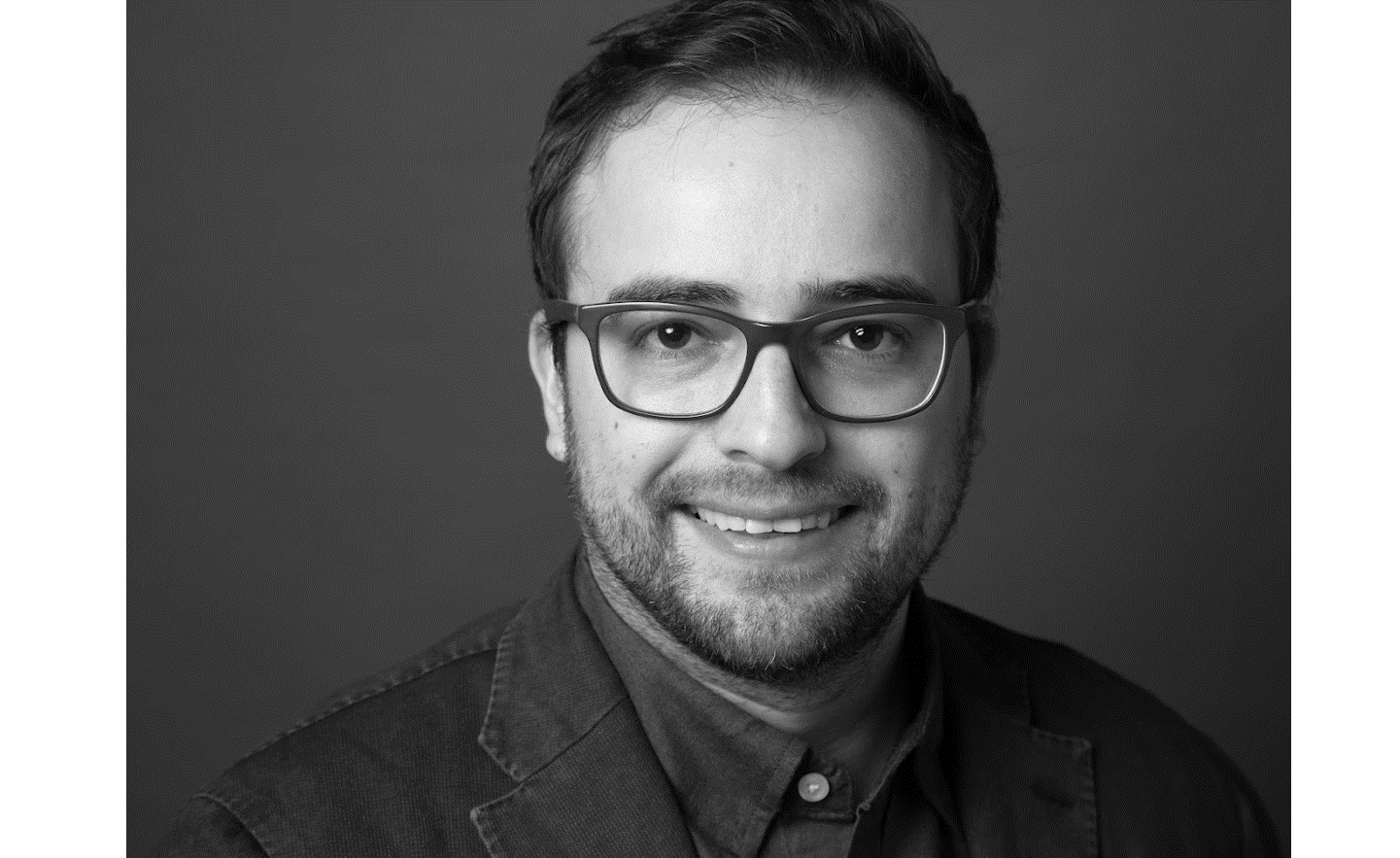Hate Trumps Love: The Impact of Political Polarization on Social Preferences

- Date
- Wednesday 19 October 2022, 14:00 - 15:00
- Location
- Online
- Speaker
- Eugen Dimant, University of Pennsylvania
Abstract
Exhibiting altruism towards and cooperativeness with others is a key ingredient for successful work relationships and managerial decision-making. Rising political polarization creates a hazard because it ruptures this fabric and impedes the interaction of employees, especially across political isles. This paper’s focus is to examine various behavioral-, belief-, and normbased layers of (non-)strategic decision-making that are plausibly affected by polarization. I quantify this phenomenon via 5 pre-registered studies in the context of Donald J. Trump, comprising 15 well-powered behavioral experiments and a diverse set of over 8,600 participants. To capture the pervasiveness of polarization, I contrast the findings with various political and non-political identities. Overall, I consistently document strong heterogeneous effects: ingroup-love occurs in the perceptional domain (how close one feels towards others), whereas outgroup-hate occurs in the behavioral domain (how one helps/harms/cooperates with others). The rich setting also enables me to examine the mechanisms of observed intergroup conflict, which can be attributed to one’s grim expectations regarding cooperativeness of the opposing faction, rather than one’s actual unwillingness to cooperate. For the first time, the paper also tests whether popular behavioral interventions (defaults and normnudges) can reduce the detrimental impact of polarization in the contexts studied here. The tested interventions improve pro-sociality but are ineffective in closing the polarization gap.
The Speaker
Dr Eugen Dimant is an Associate Professor of Practice in Behavioral & Decision Sciences at the University of Pennsylvania. He is also a fellow in the Behavioral and Decision Sciences Program, the Center for Social Norms and Behavioral Dynamics at the University of Pennsylvania, an external fellow of the Centre for Decision Research & Experimental Economics (CeDEx) at the University of Nottingham & a Network Fellow at CESifo, Munich. His research interests center on experimental behavioral economics with a particular focus on behavioral ethics, crime, and corruption. His most recent work has examined the role of social norms and nudges in affecting self-serving belief distortions and the contagion of pro- and anti-social behavior among individuals and groups. As a secondary interest, he is also involved in empirical research examining the relationships between corruption, terrorism, and migration.
